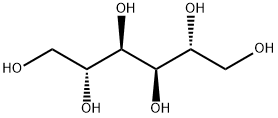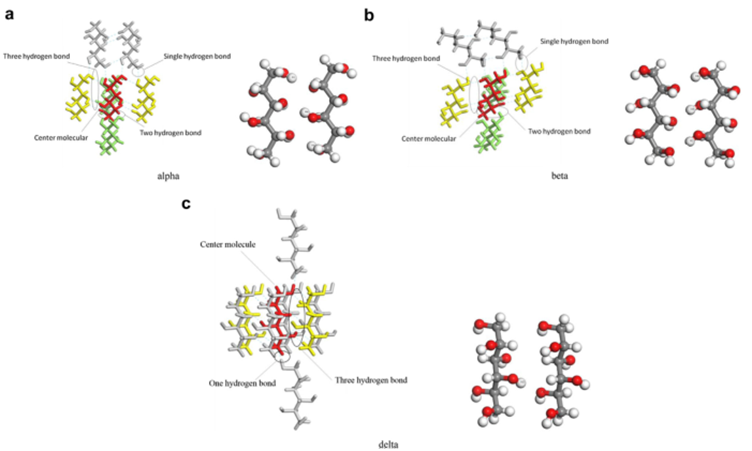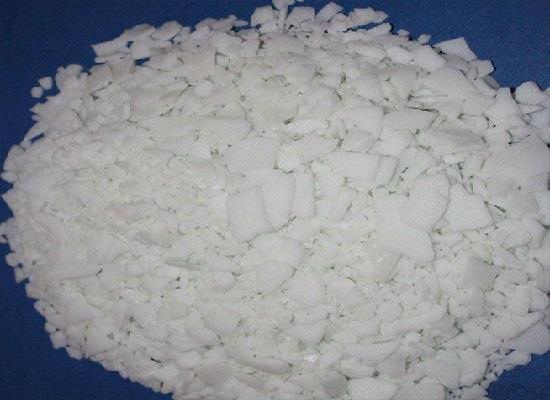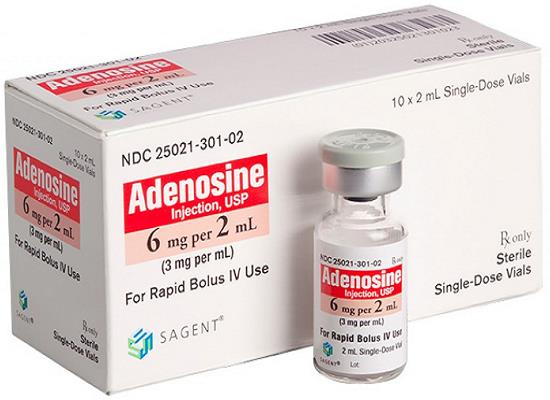D-Mannitol: Properties and Applications
General Description
D-Mannitol, a non-hygroscopic sugar alcohol, has various physiological activities and applications in different industries. It is metabolized by the body, with 75% being fermented and absorbed by intestinal microbiota and the remaining 25% excreted in urine. D-Mannitol has a glycemic index of zero and does not cause significant blood sugar spikes, making it suitable for diabetics and individuals on a diet. It also exhibits antioxidant effects, helping to eliminate free radicals and reduce oxidative stress. In the food industry, D-mannitol is used as a sweetener, anti-sticking agent, and color enhancer. In the clinical and pharmaceutical industry, it acts as a dehydrating agent, diuretic, and plays a role in the synthesis of certain drugs. Additionally, D-mannitol-based polymers are utilized in the plastics industry to manufacture durable and resilient products. Overall, D-mannitol offers diverse applications and potential health benefits.
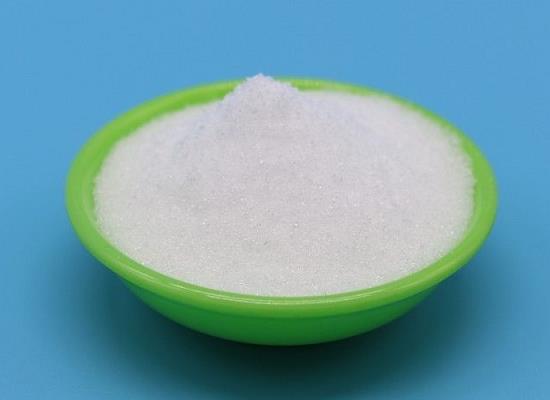
Figure 1. D-Mannitol
Properties
D-Mannitol, a non-hygroscopic crystal among functional sugar alcohols, exhibits significant physiological activities. When consumed, it undergoes fermentation in the intestines and is then absorbed by intestinal microbiota. Approximately 75% of D-mannitol is metabolized by the body, while the remaining 25% is excreted through urine. One notable aspect of D-mannitol is its impact on blood sugar levels. It possesses a glycemic index of zero, meaning it does not cause a significant increase in blood glucose levels after consumption. This characteristic makes it suitable for individuals who are on a diet or have diabetes, as it can be included without leading to substantial spikes in blood sugar levels. Furthermore, D-mannitol also has an insulinemic index of zero, indicating that it does not stimulate insulin release. Apart from its utility in dietary and diabetic contexts, D-mannitol holds promise as a functional food. It has been recognized as Generally Recognized As Safe (GRAS) by the FDA, underscoring its safety for human consumption. Moreover, D-mannitol exhibits antioxidant effects. It can eliminate free radicals, activate superoxide dismutase (an enzyme involved in antioxidant defense mechanisms), and remove lipid peroxides, which contribute to the oxidative stress within cells. These properties further highlight the potential health benefits of incorporating D-mannitol into one's diet. 1
Applications
Food industry
In the food industry, D-Mannitol finds various applications. It is commonly used as a sweetener and anti-sticking agent in sugar-free chewing gum, providing a pleasant taste without contributing to the formation of dental caries. Additionally, it serves as a functional ingredient in flavored ice cream and chocolate, enhancing the hardness of the shell or shuck. Moreover, in the baking industry, D-mannitol helps maintain the color appearance of baked goods, ensuring an appealing visual presentation. 2
Clinical and pharmaceutical industry
Within the clinical and pharmaceutical industry, D-mannitol serves important functions. It acts as a dehydrating agent and osmotic diuretic, meaning it promotes the excretion of fluids from the body. By doing so, it can minimize the risk of acute renal failure and reduce intracranial pressure, making it valuable in the treatment of conditions such as cerebral edema and glaucoma. Furthermore, D-mannitol's diuretic properties help protect kidney function by promoting urine production and reducing the concentration of potentially harmful substances. 3
Chemically synthesized pharmaceutical raw material
The chemically synthesized pharmaceutical raw material derived from D-mannitol exhibits significant clinical benefits. D-mannitol derivatives have shown efficacy in treating various medical conditions, including chronic myelogenous leukemia, Hodgkin's disease, and polycythemia. These derivatives serve as crucial components in the development of pharmaceutical drugs used for these specific disorders, highlighting the diverse applications of D-mannitol in the field of medicine. 4
Plastics industry
D-mannitol-based polymers are utilized to manufacture rigid polyurethane foam with enhanced properties. These polymers provide improved oil resistance, oxidation resistance, dimensional stability, and high heat resistance, making them useful in applications where durability and resilience are required. The incorporation of D-mannitol-based polymers enhances the overall performance and lifespan of the resulting polyurethane foam product. 5
Reference
1. Chen M, Zhang W, Wu H, Guang C, Mu W. Mannitol: physiological functionalities, determination methods, biotechnological production, and applications. Appl Microbiol Biotechnol, 2020, 104(16):6941-6951.
2. Saha BC, Racine FM. Biotechnological production of mannitol and its applications. Appl Microbiol Biotechnol, 2011, 89(4):879-891.
3. Rockwell K. Therapeutic review: Mannitol. J Exo Pet Med, 2015, 24(1):120–122.
4. Zhan T, Song J. Progress in studies of mannitol in medicinal application. Chin J Mar Drugs, 2003 3:57–61.
5. Qianqian W. Research progress in preparation and application of mannitol. Sci Technol Food Ind, 2010, 31(12):401–404.
You may like
Related articles And Qustion
See also
Lastest Price from D-Mannitol manufacturers
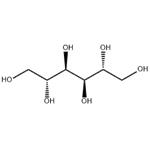
US $0.00/kg2025-08-07
- CAS:
- 69-65-8
- Min. Order:
- 1kg
- Purity:
- 99%
- Supply Ability:
- 20 tons

US $10.00/KG2025-06-06
- CAS:
- 69-65-8
- Min. Order:
- 1KG
- Purity:
- 99%
- Supply Ability:
- 10 ton
